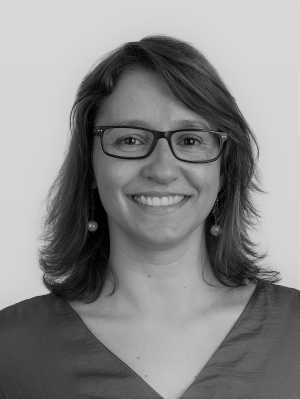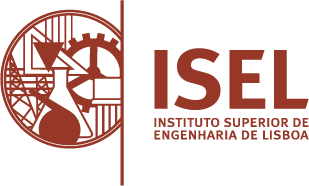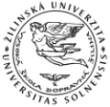Tutorial
Modeling and Simulation of Quadrotor Drones
Tutorial Outline
- 1.Introduction
- What are drones?
- Principle of operation
- Configurations and coordinate systems
- Block diagrams
- Introduction to Scilab / Xcos
- 2.Modeling
- Modeling objectives
- Actuation model (Motors, Propellers, Control Allocation)
- Dynamics and Kinematics
-
3.Building a quadrotor simulator
Curriculum Vitae
Alexandra Moutinho completed her bachelor's degree (1998), master's degree (2001) and doctorate (2007) in Mechanical Engineering at the Instituto Superior Técnico, University of Lisbon. She is a professor of Control, Automation and Industrial Informatics in the Department of Mechanical Engineering of Instituto Superior Técnico, Universidade de Lisboa, where she teaches courses such as Control Systems, Flight Control, Signals and Mechatronic Systems, Computer Vision and Object Programming and Databases. She is a senior researcher at the Intelligent Systems Center of the Institute of Mechanical Engineering (IDMEC), where she focuses her research on mobile robotics, in particular on control solutions for air vehicles

Tutorial Proposals
Tutorials for ISC'2019 can be proposed in the following three categories:
- T1- Introductory Tutorials
- T2- State of the Art Tutorials
- T3- Software and Modelware Tutorials
Tutorial proposals should be emailed to Philippe.Geril@eurosis.org, by indicating the type of tutorial you would like to suggest. (T1, T2 or T3) before JANUARY 15, 2019. A confirmation email will be sent to verify that the proposal was received.
Examples of topic areas for tutorial proposals should mirror the topics in the list of conference themes and workshops.
Proposals must be submitted electronically via e-mail, as plain text or in PDF. The tutorial submission should be contained within five pages. Various parts of the proposal for accepted tutorials may be edited for incorporation in the Advance Program.
When preparing a tutorial submission, please consider the suggested template (to be linked later).
Financial Terms
An accepted conference university tutor receives a free conference registration plus a free publication of his tutorial paper. University tutorial presenters will receive also an honorarium depending on the number of attendees registering specifically for the tutorial outside the conference registrants. The precise amount of the honorarium will be determined immediately after the early registration deadline.
Tutorials that have less than 8 early registrants will face the risk of cancellation.
Tutorial Selection Committee
The proposals received will be reviewed by the Selection Committee to ensure a high quality and appropriate mix for the conference. The goal of the Selection Committee is to provide a diverse set of tutorials that attract a large interest among the broad segments within the diverse simulation community.



